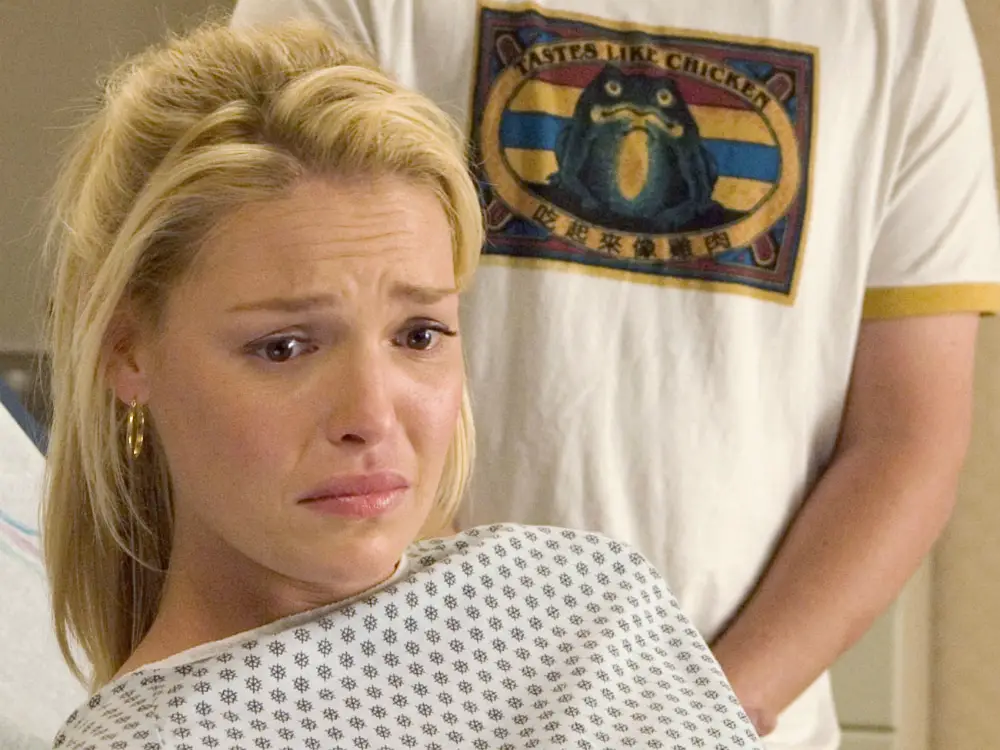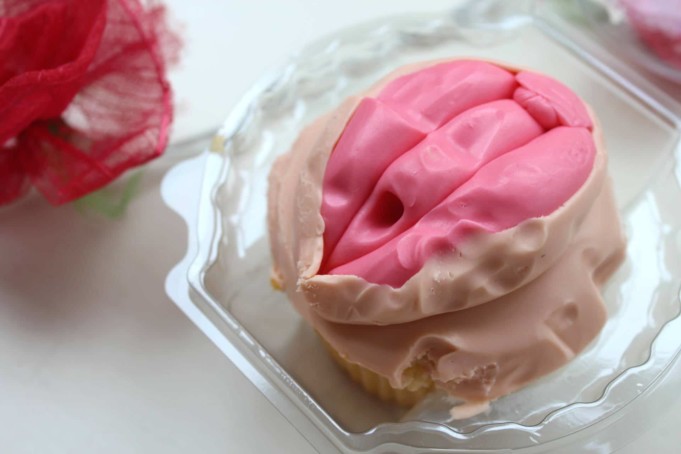Vaginismus, also known as vaginism or genito-pelvic pain disorder is a condition that affects women only. Women who have this condition have difficulty participating in or enjoying sexual intercourse.
It is one of most common female sexual problems or dysfunctions but it is a treatable condition. Some health experts see this condition as a pain disorder. The exact number of women with this condition is not known.
This condition is characterized by the inability of the woman to engage in sexual intercourse or vaginal penetration of any kind like the insertion of menstrual cups, tampons, manual penetration and other penetrations like those involved in gynecological examinations like pap tests.
This is caused by the involuntary movement of the muscles of the vagina and the woman has no control over it. The reflex with which this happens can be compared to the blinking of the eyes when an object is coming towards it.
This condition doesn’t affect sexual arousal, in fact, women with Vaginismus can be sexually aroused but they avoid sex due to the pains and other difficulties they experience. These involuntary vaginal muscle spasms make vaginal penetration painful and in some cases, impossible. The pain during penetration and the severity of this condition varies among women suffering from vaginism.
The exact muscle responsible for this spasm is not yet known but many health experts believe that the pubococcygeus muscle (PC muscle) is responsible for this. Other muscles that have been implicated or suggested to be part of the problem are the perivaginal muscle, levator ani, circumvaginal muscle, and bulbocavernosus muscle.
This condition is commonly discovered in teenage girls and young ladies in their early twenties because this is when many ladies first make use of a tampon, have Pap test or penetrative sex. Women with vaginism may not be aware of this condition until they try having penetrative sex or using a tampon.
Types and Causes of Vaginismus

Vaginismus is divided into two main groups; primary and secondary Vaginismus.
Primary Vaginismus
In this class of vaginism, a woman is able to have sexual intercourse or vaginal penetration but with pains. This is a lifetime condition and it can lead to a stress relationship or marriage.
Even though this type of Vaginismus is most times idiopathic (cause is not known), many factors are believed to be responsible for this and some of them are:
- Vulvar vestibulitis, this is the inflammation of the vagina but it does not cause pain until an attempt is made to penetrate the vagina.
- Vaginal yeast infection
- Urinary tract infections
- Experiencing domestic violence at a young age
- Fear of pain associated with penetration
- Sexual abuse, and rape
- Witnessing sexual or physical abuse of others
- Anxiety
- Harm-avoidance behavior and chronic pain conditions
- Stress
- Strict moral education
- Negative emotions towards sex
Secondary Vaginismus
This type of vaginism occurs in women who have had vaginal penetration but suddenly they can’t or they feel pains when they are being penetrated. Factors responsible for this are:
- Trauma during childbirth
- A vaginal yeast infection
- Low levels of estrogen can cause wilting of the vulvar and vaginal tissues can lead to peri-menopausal and menopausal Vaginismus. This leads to micro-tears and sexual pains.
Other factors that can cause both primary and secondary vaginism are:
- Denied or undiscovered sexuality
- The fear of losing control
- Fear of the size of your partner’s penis, (in cases of a large penis) or fear of your vagina not being wide or deep enough.
- Lack of trust for your partner
- Past sexual abuse and assault
- Self-consciousness about body image
Symptoms of Vaginism
- Dyspareunia, also known as painful sexual intercourse; it causes tightness and pains. Some women explain this pain as stinging or burning.
- Pain during gynecological examination
- Difficulty penetrating the vagina or it might even be impossible to do so
- Long-term sexual pain, it can be with or be without a cause
- Pain when inserting a tampon
- Some women are unable to breathe during vaginal penetration and they regain the ability to breathe when the attempt to penetrate is stopped.
Vaginismus Treatments
This is a treatable sexual or pain disorder and education, exercises, and counseling are often included in the treatment.
Counseling and Sex therapy
This is the educational aspect of the treatment that helps the patients learn about their anatomy and what happens when they are sexually aroused and during sexual intercourse.
You will learn about the muscles involved in vaginism, this will help you understand how your body functions and response to sex and other stimulus.
They can counsel you and your partner if you are married, or only you; you might be assigned to a counselor who specializes in sexual disorders.
Kegel Exercises
This is one of the most common exercises recommended for women suffering from Vaginismus. This exercise will help you learn how to control your muscles. It will help you interfere in the contraction and relaxation of the muscles.
It is very easy to perform this exercise and it can be done anywhere; you repeatedly tighten and relax the muscles of your pelvic floor, this muscle controls your bladder, rectum, and vagina.
There are many ways to practice this exercise, you can search online and follow an easy pattern that is easy and comfortable for you. An easy way to start is to empty your bladder first.
Then contract your pelvic floor, and count to ten, relax it and still count to ten. Repeat this ten times. Do this three times every day and you can increase it as time goes on.
Vaginal Dilators
This is usually used under the supervision of a professional; these are objects that are used to aid penetration and break the fear associated with vaginism have about penetration.
They are mostly cone-shaped and they are inserted into the vagina to help the muscles stretch and become flexible. This is mostly done by the woman’s partner if she is married and it helps in increasing intimacy between couples.
The professional will keep increasing the size of the dilators and when you have completed the course of treatment using a set of dilators, you and your partner can now try to have sexual intercourse.
These therapies have helped a lot of women overcome this condition; it has saved marriage and relationships. If you happen to be going through this, don’t be afraid or ashamed to seek for help.
There are many ways a doctor or a therapist can help you overcome this condition. Many women have recovered and are now enjoying their marriage and sexual life.
Treatments for Vaginismus requires patience because it is not fast-acting but you have to persevere no matter how long it takes, have it at the back of your mind that you will get there.It will all be worth your effort at the end. Remember to remain positive in all things.
Are there Natural Remedies for Vaginismus?
There are some herbs that are employed in the treatment of Vaginismus. The plants help this disorder by relaxing the body and relieving stress and anxiety which can cause this condition.
They also function as natural lubricants and they can treat infections of the vagina like yeast infections and even urinary tract infections which are known to cause vaginism in women. Some of the plants or herbs employed in the treatment of vaginism are:
Lemon Balm
This herb is effective in treating nervous disorders and vaginism is listed as a nervous disorder. You can take lemon balm tea or infusion three times daily. You can make lemon balm infusion by adding a little quantity of lemon balm dried leaves. Leave it in a glass of water for 15 minutes before drinking.
Do this three times daily.
Goldenseal
This has the same functions as lemon balm and it helps strengthen your immune system. You can take goldenseal tea or infusion. You can also get the capsule from a good health store and take 500 mg daily.
Valerian
This herb can effectively treat any type of nerve disorder. It is also very effective against anxiety, stress, depression, spasms, nervous exhaustion, palpitations, vomiting, and others. Use 15 grams of the root of this herb and make an infusion, leave it to stand overnight and take it the next day. This will help you a lot.
Echinacea
This acts as a natural antibiotic that helps in fighting and treating infections of the vagina that can cause vaginism. You can take the tea or the capsules but the doses should be followed strictly.
Sesame Oil
This is used as a natural lubricant to facilitate penetration, relieve painful intercourse, and boosts sexual pleasure.
Olive Tree
Extra virgin olive oil is an effective natural lubricant, it aids penetration, it fights vaginal dryness and also prevents infection due to powerful antimicrobial property.












